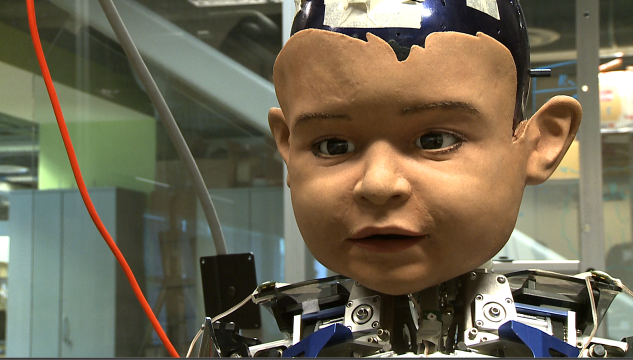Ray Kurzweil believes humans will be immortal one day, and it will be sooner than you or I might imagine. And he doesn’t worry about brain implants or the like altering our identity since identity is fluid already naturally. From some of his thoughts about a path to forever in a new Wall Street Journal article by Alexandra Wolfe:
“He thinks that humans will one day be able to live indefinitely, but first we must cross three ‘bridges.’
The first of these is staying healthy much longer. To that end, the smooth-skinned and youthful Mr. Kurzweil consumes 120 vitamins and supplements every day, takes nutrients intravenously (so that his body can absorb them better), drinks green tea and exercises regularly. That regimen keeps his ‘real age’ in the 40s, he says.
The second bridge is reprogramming our biology, which began with the Human Genome Project and includes, he says, the regeneration of tissue through stem-cell therapies and the 3-D printing of new organs.
We will cross the third and final bridge, he says, when we embed nanobots in our brains that will affect our intelligence and ability to experience virtual environments. Nanobots in our bodies will act as an extension of our immune system, he says, to identify and destroy pathogens our own biological cells can’t.
Mr. Kurzweil projects that the 2030s will be a ‘golden era,’ a time of revolution in how medicine is practiced. He compares the human body to a car. ‘Isn’t there a natural limit to how long an automobile lasts?’ he asks. ‘However, if you take care of it and if anything goes wrong, you fix it and maybe replace it, it can go on forever.’ He sees no reason that technology can’t do the same with human parts. The body is constantly changing already, he says, with cells replacing themselves every few days to months.
His vision of the future raises the question of what it means to be human. Yet he believes that adding technology to our bodies doesn’t change our essence. ‘The philosophical issue of identity is, Am I the same person as I was six months ago?’ he says. ‘There’s a continuity of identity.'”

